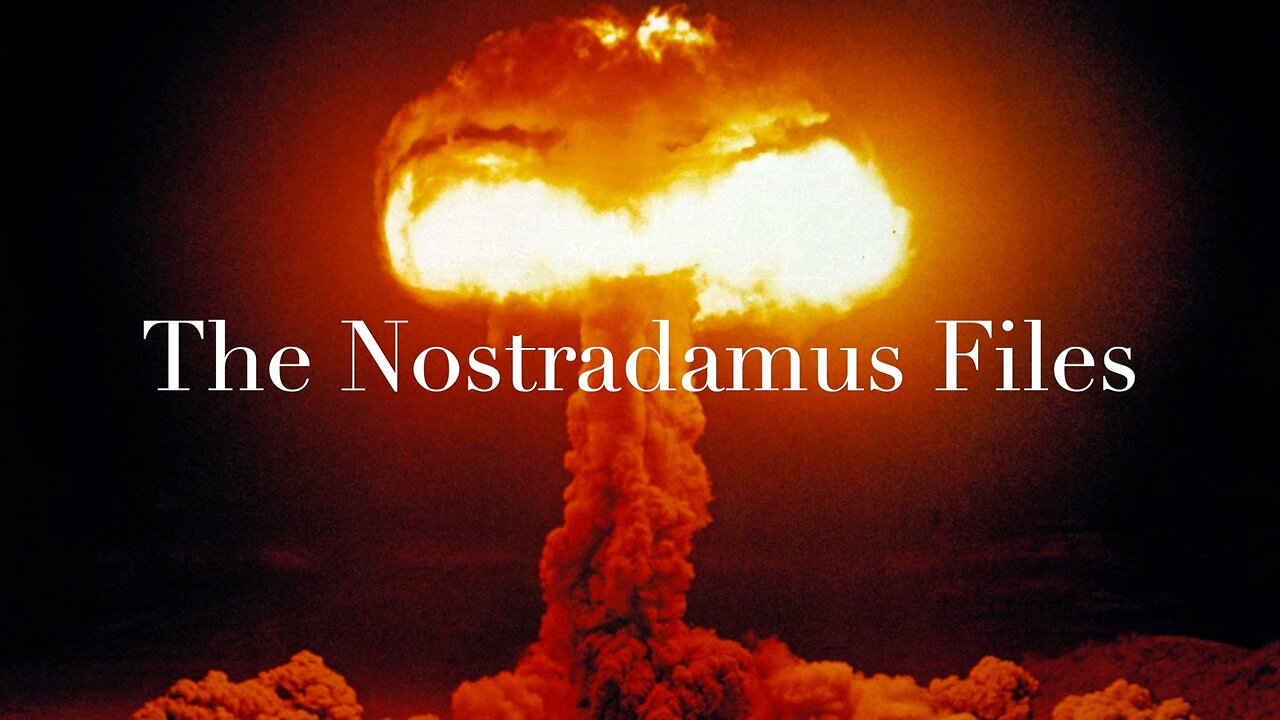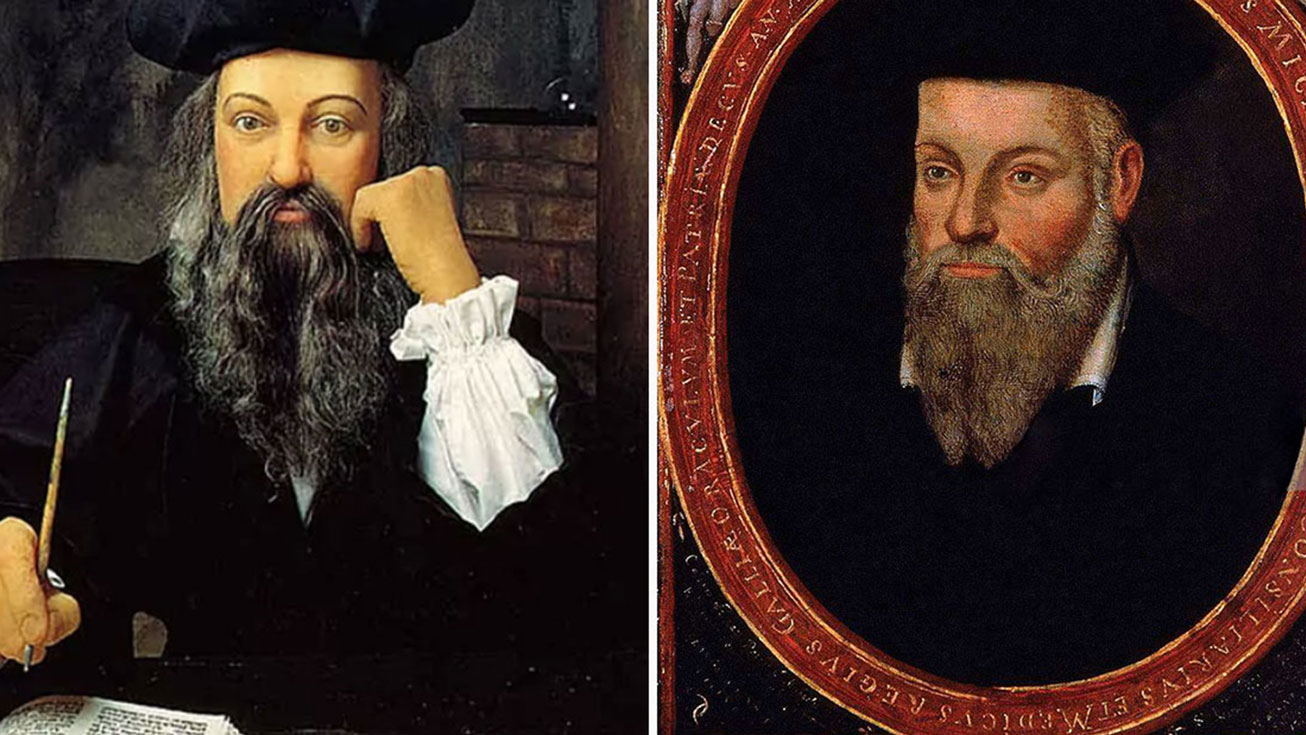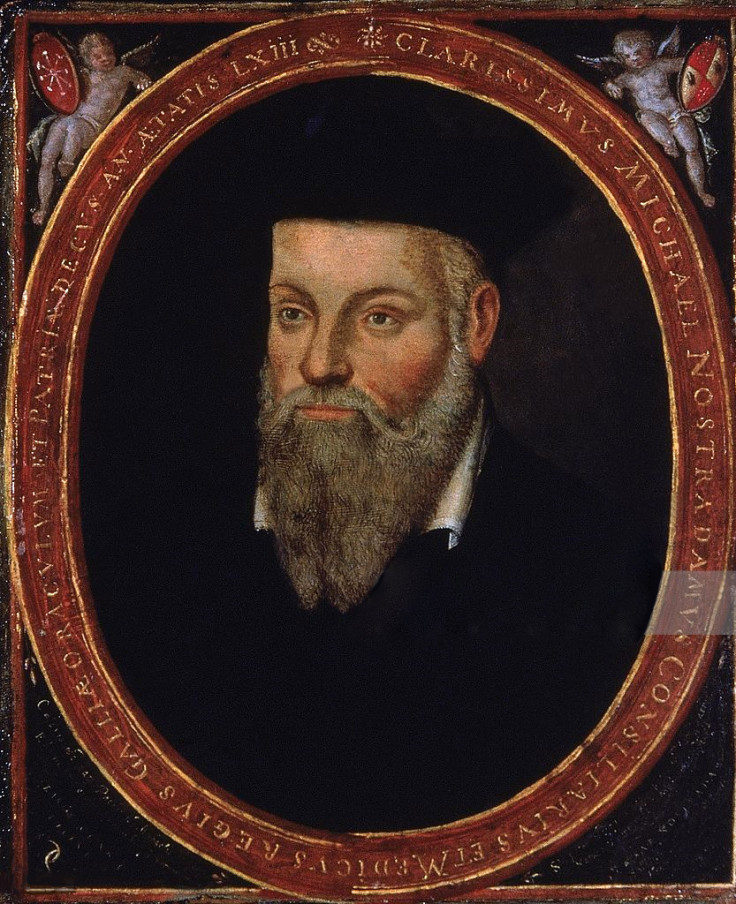Did Nostradamus Predict Trump's 2016 Victory? Prophecy Analysis
Could a 16th-century French apothecary and seer, who died centuries before the advent of modern politics, have accurately foreseen the rise of Donald Trump? The enduring fascination with Nostradamus and his cryptic prophecies, particularly in the wake of the 2016 US presidential election, suggests that the answer, for many, is a resounding yes.
Michel de Nostredame, Latinized as Nostradamus, penned his prophecies in the mid-16th century, a time when astrological beliefs and the occult were interwoven with the fabric of everyday life. His magnum opus, "Les Propheties," a collection of over a thousand predictions presented in four-line poems known as quatrains, has captivated and confounded readers for centuries. The enigmatic nature of these quatrains, often open to multiple interpretations, has fuelled endless debate and speculation, particularly when applied to contemporary events. The central figure in many of these interpretations, especially those that emerged around the 2016 election, is what Nostradamus termed the "Trumpet."
| Full Name | Michel de Nostredame |
| Born | December 14, 1503, Saint-Rmy-de-Provence, France |
| Died | July 2, 1566 (aged 62), Salon-de-Provence, France |
| Nationality | French |
| Known For | Physician, Astrologer, and reputed seer; Author of Les Propheties |
| Notable Works | "Les Propheties" (1555) |
| Education | University of Avignon, University of Montpellier |
| Spouse | Anne Gemelle |
| Children | At least six |
| Website Reference | Britannica - Nostradamus |
The crux of the argument linking Nostradamus to Donald Trump lies in the interpretation of several quatrains. The most frequently cited involves the figure of the "false trumpet," described in verses such as, "The false trumpet concealing madness / will cause Byzantium to change its laws." Those who interpret this as a prophecy about Trump seize upon the phrase "false trumpet," suggesting a deceptive or misleading leader. The term "madness" is interpreted as alluding to Trump's unconventional behavior and political style, which they saw as a departure from traditional political norms. The "change its laws" aspect has been interpreted in the context of Trump's policies and actions while in office, such as the travel ban and other legislative changes.
Another quatrain that has been connected to Trump, albeit more tenuously, mentions a figure who will come "from Egypt," an interesting reference. While some have speculated about the symbolic significance of the geographical reference, it's important to note that it's open to interpretation. The flexibility within his writings allows for various narratives, leading to these interpretations taking hold. Arthur Evans, in an article titled "What Are Presidential Election Predictions 2016 of Nostradamus," underscores this point, arguing that the "false trumpet" represents the 45th president of the United States, Donald Trump, who is "concealing his own madness."
The appeal of Nostradamus's prophecies extends beyond mere curiosity. His writings offer a framework for understanding the world, particularly during periods of uncertainty. The interpretations often mirror the anxieties and hopes of the time, providing a narrative that resonates with those seeking explanations for complex events. The popularity of Nostradamus's prophecies surrounding Trump highlights how people look for a sense of order and meaning in chaotic political landscapes.
The allure of Nostradamus's predictions, however, also stems from their inherent ambiguity. The quatrains are often vague and open to multiple interpretations, which allows for a wide range of conclusions and associations. For instance, lines about a "great leader" or a "false trumpet" can be easily linked to various figures. This is not necessarily a criticism, as it is the nature of prophecy. However, the lack of specificity allows for a degree of confirmation bias.
Understanding Nostradamus requires a grasp of the historical context in which he wrote. Born in 1503 and dying in 1566, he was a product of the Renaissance, a period marked by intellectual ferment, the rise of scientific inquiry, and ongoing religious conflicts. To fully grasp the significance of his writings, one must understand the beliefs and anxieties that shaped his world. The influence of the Hebrew Torah, which served as a framework for some of his quatrains, highlights the interweaving of religious and philosophical thought that defined the era. The language of prophecy, the use of symbolism, and the exploration of cosmic events were not mere intellectual exercises, but rather an attempt to understand the mysteries of the universe. To understand Nostradamus is to understand the mindset of a time when the future was seen as the domain of both divine providence and human agency.
The focus on Donald Trump can be viewed through the lens of a specific moment. As Trump ascended the political ladder, the allure of Nostradamus's writings gained momentum. The initial interest in Nostradamus following the general election stemmed from a desire to understand the significance of Trumps election for America and the world. Trump's inauguration as the 45th president fueled speculation, leading many to explore the seer's predictions for America's and the world's future under his leadership. The resurgence of interest in Nostradamus underscores the human need to create narratives that give coherence and offer possible explanations.
The interpretations also carry a political edge, revealing the biases of those who read and interpret them. It is crucial to note that the "predictions" are not objective facts; instead, they are influenced by personal beliefs and the prevailing attitudes of the time. For example, those who opposed Trump's political positions may have been more inclined to view the "false trumpet" as a negative prediction, validating their pre-existing beliefs. On the other hand, some people may have found validation for their beliefs about Trump's presidency by reading these interpretations. This is also true of many interpretations that are not based on facts, and people tend to only believe what supports their personal beliefs and worldviews. Therefore, to understand Nostradamus is to realize that his prophecies are not merely a window into the future but also a reflection of the present.
Furthermore, the assertion that Nostradamus "predicted" Trump's presidency must be approached with caution. The use of vague terms and the broad nature of prophecies provide enough flexibility for interpretations to be adapted to fit almost any situation. The concept of "confirmation bias" comes into play, where people selectively focus on interpretations that support their existing views while ignoring those that contradict them. The post-hoc nature of the claim where the prediction is only seen after the event has occurred is a critical aspect of the challenge with Nostradamus's prophecies. The prophecies gain relevance retrospectively.
The lack of concrete evidence and the ambiguity of the prophecies do not deter believers. After the election, the world became immersed in Nostradamus works, which led to a series of claims that the French seer predicted the election of Trump, and even predicted the events which occurred. This has led to many interpretations of his prophecies. This also led to a boom in interest in these interpretations and the popularity of his works. This is another key element in the enduring fascination with Nostradamus. It offers a glimpse into the human psyches search for patterns and meaning.
In assessing Nostradamus's "predictions," one needs to differentiate between prediction and interpretation. The actual words of Nostradamus do not explicitly refer to Donald Trump, the presidency, or the United States. The connection arises from interpretations by his readers. This interpretive element is important, which means that the claim that Nostradamus predicted Trump is based on an indirect association. It is the readers who create a link between the writings and the modern world.
Moreover, the interpretations of Nostradamus prophecies reflect the desire to create a narrative of events. The interpretation of the prophecies provides order and structure in response to the chaos of current events. This can provide a sense of comfort. The interpretation gives the reader an illusion of control. By studying the predictions, readers can feel as if they have a handle on the future.
The legacy of Nostradamus is not so much one of accuracy, but of cultural influence. Whether or not he predicted Trump's rise to power, his writings continue to fascinate and inform contemporary discussions. His quatrains, with their symbolic language and the sense of mystery, continue to inspire hope and wonder. The fascination surrounding Nostradamus highlights humanity's ongoing quest to understand the world. The enduring appeal of Nostradamus prophecies is a testament to their capacity to generate discussion and prompt reflection.


